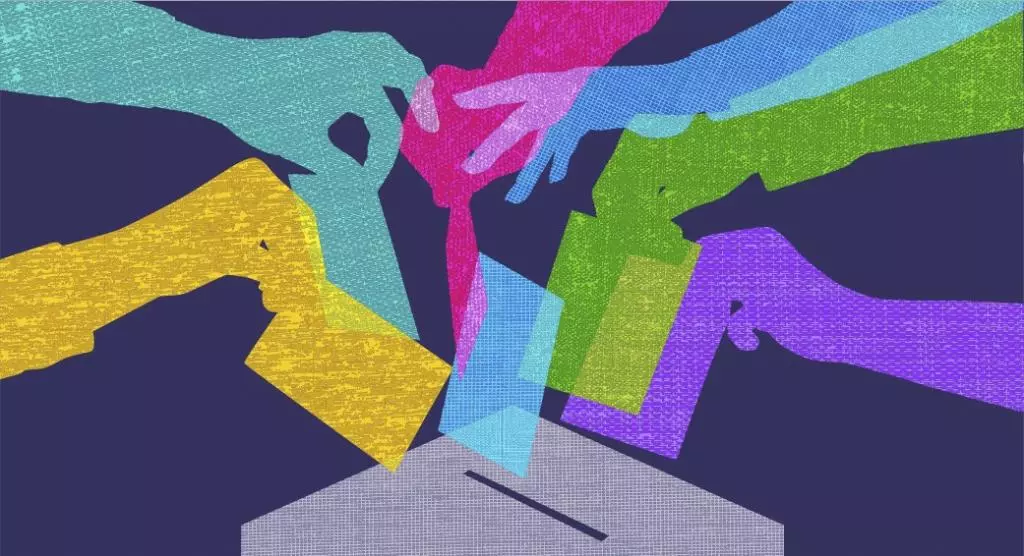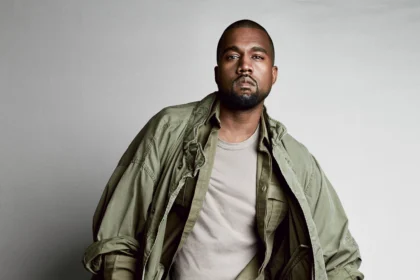World politics continued to incline to the right as several conservative parties pipped centrist governments in 2023. With Argentina, Finland, Nigeria, New Zealand, and Poland tossing up unexpected poll results, here’s a look at the change and its implications.
The shift to the political right may be set to continue. In 2024, ex-US President Donald Trump aims to oust incumbent 81-year-old Joe Biden in the U.S. presidential polls. Even In India, the ruling right-wing coalition led by Narendra Modi is seeking re-election for a record third term in 2024.
Here is a look at the most surprising global elections of 2023:
Argentina
A ‘political earthquake’ stunned Argentina as the nation elected fiery far-right politician and TV expert Javier Milei as its president on November 19. The 53-year-old libertarian economist, who quoted US President Donald Trump with his campaign slogan ‘Make Argentina Great Again,’ thinks climate change is a socialist plot, abortion rights are unneeded, and also alleged potential electoral fraud. He pledged in his campaign to ‘blow up’ the central bank, and followed through on December 22; Mr. Milei deregulated the country’s economy by stopping or changing more than 300 rules via presidential decree.
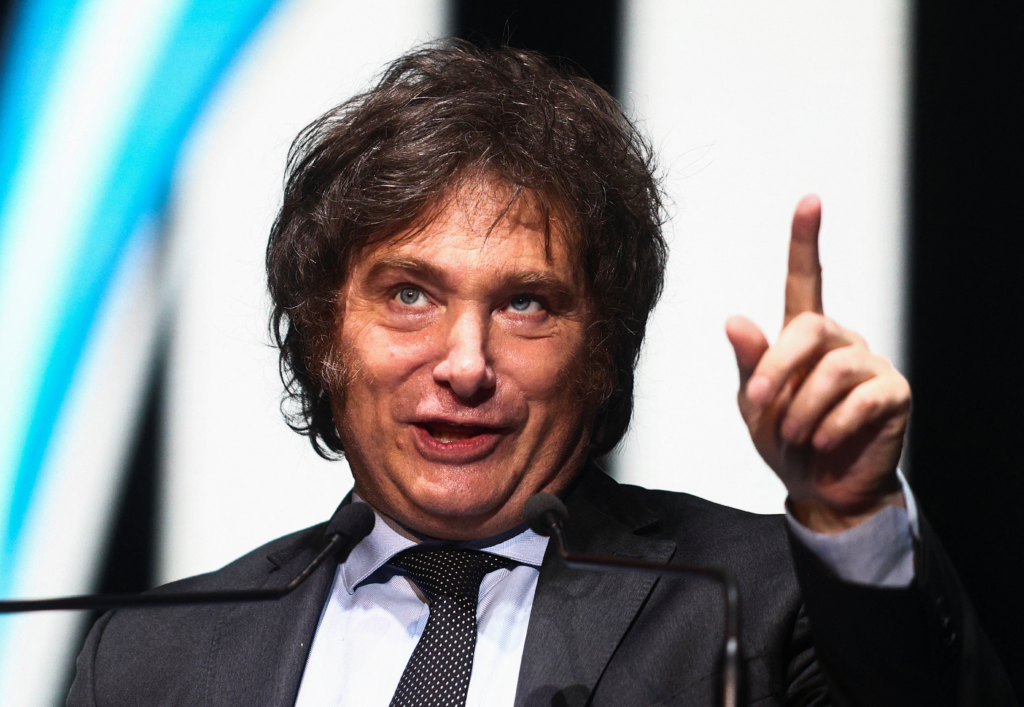
In 2021, Milei founded the political coalition La Libertad Avanza (Freedom Advances) and collected 17% of the votes in Buenos Aires in that year’s legislative election. Making his campaign by pledging to end the country’s 40-year debt crisis, Milei shocked the nation by rising as the candidate with the highest vote share in Argentina’s primary elections. Promising to cut down on the size of the government, decrease pension funds, and privatize education and healthcare, MMilei disregarded the pink wave currently moving through South America and aligned himself with more conservative countries like the United States and Israel while denying ‘communist’ countries like China and Brazil.
Accumulating 55.7% of the votes, Milei comfortably won the presidential run-off in November, surpassing his left-wing opponent and Economy Minister Sergio Massa, who garnered 44.3% of the vote. Ending the sway of Peronism, Milei’s win was mainly attributed to Argentines’ tiredness with the 160% inflation rate, as 40% of the nation continues to live in poverty.
Peppering his campaign with theatrics like revving a chainsaw, and hitting a pinata of the Central Bank, Milei had declared, “We will put an end to the parasitic, stupid, useless political caste that is sinking this country,” after he finished first in the primary elections in August.
As no contender got a majority, both Massa (21.43% votes) and Milei (29.86%) moved to the run-off elections held in October. Amidst voting, Milei alleged the chance of election fraud due to irregularities in the first round of results, asserting that it could affect the results.
Milei’s worries were groundless as he went on to win the polls by obtaining the highest percentage of votes ever polled by a presidential candidate since 1983.
Despite his huge victory, it is unsure whether Milei would will be able to implement any of his revolutionary policies as his party only carries 38 of the 257 seats in the lower house (Chamber of Deputies) and 7 of the 72 seats in the Senate.
His current presidential decree, which transforms more than 300 rules, including a law that regulates rent and rules stopping the privatization of state enterprises, must be considered by a joint committee of lawmakers from both chambers within 10 days. If rejected by both Houses, the decree will be overturned.
Nigeria
Africa’s most populated country – Nigeria – witnessed the incumbent All Progressives Congress (APC) retain power in the 2023 presidential elections held on February 23. Bola Tinubu (70), the former governor of Lagos, was announced the winner after he polled 8.8 million votes (36.61%), defeating his rival Atiku Abubakar of the People’s Democratic Party (PDP), who polled 6.98 million votes, closely followed by Labour Party’s Peter Obi who garnered 6.1 million votes.
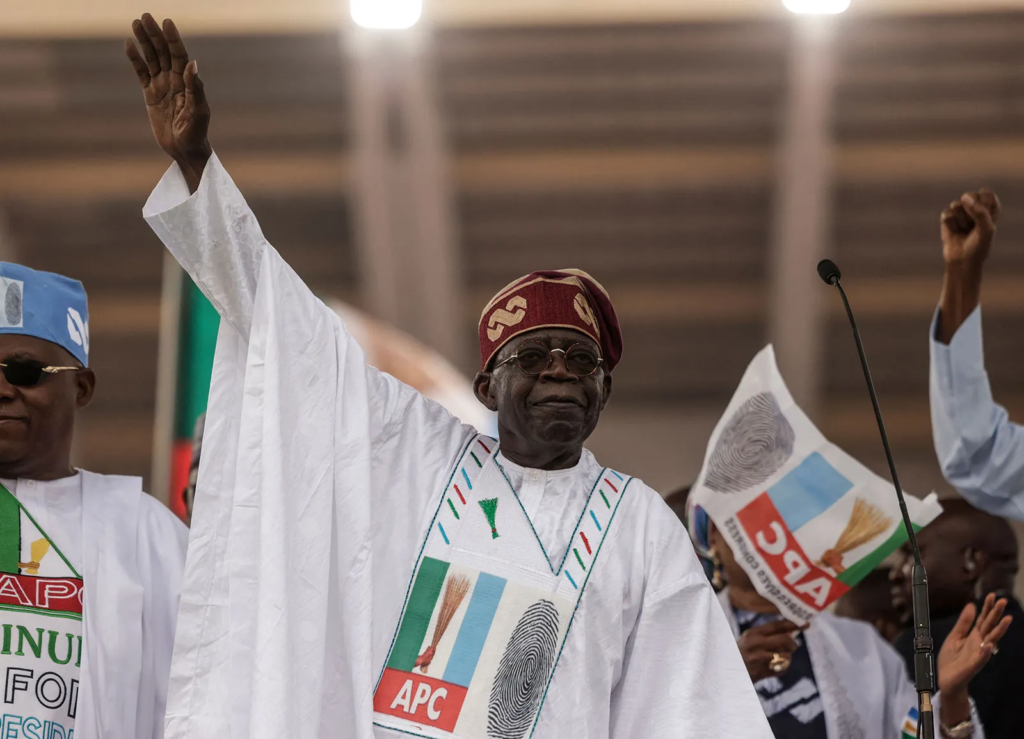
The Nigerian election was closely watched by international observers since it had possible geopolitical ramifications. With its neighbors Burkina Faso, Guinea, Guinea-Bissau, and Mali seeing coups and coup attempts, Nigeria is seen as a stabilizing influence in West Africa, with its victorious civilian-run democratic government. As APC retained power in the seventh consecutive election in Nigeria since 1993, when military rule ended, Nigeria witnessed a gentle transfer of power despite Opposition parties filing legal appeals seeking a re-vote.
However, the poll campaign was not empty of controversies. Mr. Tinubu’s pick of running mate, Kashim Shettima from the terror-ravaged Borno state, prompted a row as the ticket was a Muslim-Muslim one. It is traditional in Nigeria that the presidential ticket is divided between the Muslim and Christian communities to support national unity. Dusting off allegations of religious distinction, Tinubu urged that his selection was based on competence.
The campaign for the top post mostly witnessed candidates attack issues like inflation— at 21.8% at the time of polls, 33% unemployment in a country where 42.5% of the population is young adults between 18-35 years of age, and safety threats from terror groups such Boko Haram, kidnapping gangs and other separatist insurgency groups. Most young voters preferred Peter Obi, as he vowed to end banditry, improve financial lending to small and medium enterprises, and cooperate with neighboring nations to secure Nigerian borders.
With the lower turnout since 1999, only 24.9 million of the 93.47 million registered voters exercised their right at the ballot boxes on February 25. While Nigeria’s Independent National Electoral Commission (INEC) attributed it to the late coming of officials, thuggery, technical glitches, violence, and voter suppression, raised voter apathy has been a significant trend in Nigeria for the past three elections.
New Zealand
New Zealand witnessed a change once again to the Right as the incumbent Labour Party lost power on October 14, 2023, failing to form the seventh Labour government. The center-right group — the New Zealand National Party, led by Christopher Luxonx — appeared as the single-largest, winning 48 seats in the 123-seat House of Representatives. Labour was lowered to only 31 seats, followed by the Green Party, which won 15 seats.

The outcomes were witnessed as a ‘forceful rejection’ of the Labour Party as voters aimed a shift from the Left’s policies formulated by ex-Prime Minister Jacinda Ardern. Spending for the rising cost of living, inflation, interest hikes, and the long-term effects of the COVID-19 lockdown, the Labour Party lost votes not only to right-wing parties but also to other Left parties like the Green Party.
According to The Guardian, voters deemed that the Labour Party had failed to keep some of its bigger pledges like reducing child poverty, prison reform, or protecting Indigenous rights.
Moreover, Ardern’s sudden resignation in January this year quoting ‘fatigue’ left her successor – Chris Hipkins – with the difficult task of rebuilding Labour’s deteriorating numbers in the polls.
In a bid to increase support, Hipkins started scaling back some of Ardern’s progressive policies – setting a wealth tax, a law to outlaw hate speech against religious groups, a new insurance scheme to cushion layoffs, and incentives for the usage of biofuels. His decisions, which were aimed at retaining Labour’s centrist voters resulted in alienating its core left-leaning voters, who regarded Labour as failing further to provide on its pledges.
Capitalising on voter weariness, the National Party along with its libertarian supporter ACT Party won in several traditional Labour bases, pledging a slew of tax cuts and to cut government spending. However, they fell short of the halfway margin of 62 seats as ACT managed to win only 11 seats, bringing their tally to 59 seats. The coalition was forced to join with the populist party New Zealand First, which won 8 seats, to create a new government with a small majority.
Finland
After Europe’s right-wing trend, one of its most liberal countries – Finland – witnessed its incumbent Left-wing coalition led by Social Democratic Party’s (SDP) Sanna Marin narrowly lose to the conservative National Coalition Party (NCP) in April 2023. Petteri Orpo negotiated with the far-right wing Finns party (46 seats), the Swedish People’s Party of Finland (9 seats), and the Christian Democrats (5 seats) to create a slim-majority government with 108 seats in the 200-seat parliament.
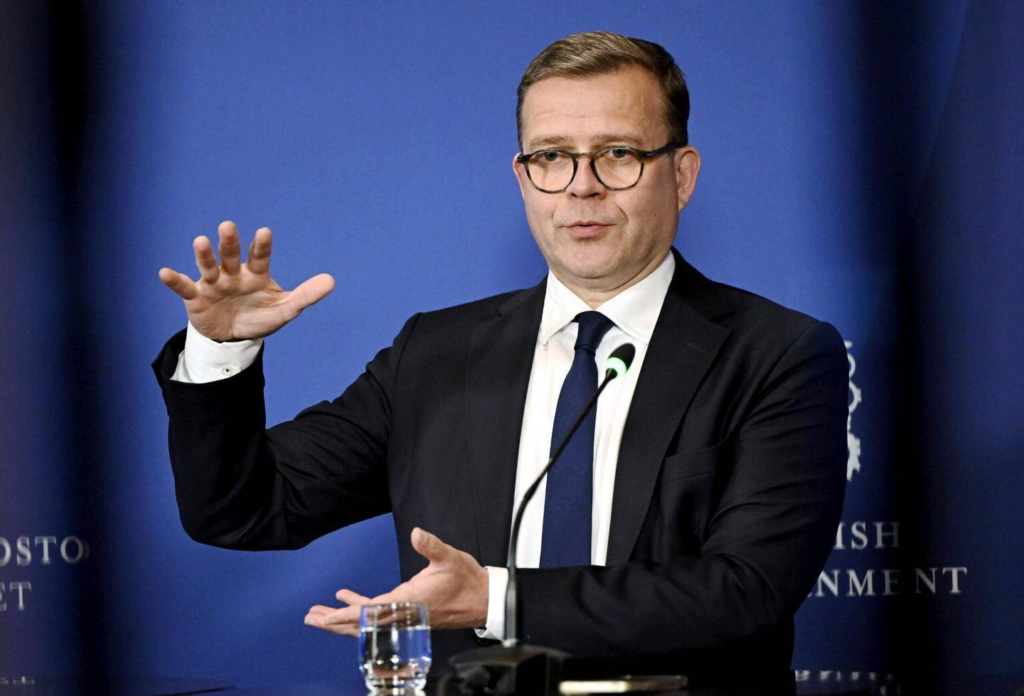
In the wake of the Russian attack on Ukraine, Finland was involved, lobbied, and successfully became a member of the North Atlantic Treaty Organisation (NATO). While this was seen as a diplomatic win for ex-PM Sanna Marin, it also led to a significant inflow of refugees from Yemen, Somalia, Syria, and Iraq via Russia.
Capitalizing on this, the anti-immigration and Euro-sceptic far-right Finns party led by Riikka Purra alleged that the refugees were behind ‘a rise in street gangs’. Her hard-line campaign for rigid immigration laws, delaying Finland’s carbon neutrality to 2035, and leaving the European Union saw her beat Marin by 3000 directly cast votes.
Marin, who deftly controlled the COVID-19 pandemic and Finland’s NATO membership, has been voted as the country’s most famous Prime Minister of this century – achieving international praise. However, back home, she was troubled with controversies due to her ‘party videos’, increasing public debt, and cost of living. Being the youngest PM in the world at the age of 34, Marin was often blamed for inexperience which was only further worsened by videos of her partying with her friends.
Orpo, who campaigned on slashing government spending by six billion euros to revive the Finnish economy, witnessed a surge in polls initially.
However, as elections closed, his gains shrank and the elections resulted in a tightly-contested ruling in which none of the three leading parties witnessed a decline in vote share or seats. Corresponded to the 2019 elections, the NCP acquired 3.8% votes and 10 seats, Finns gained 2.6% votes and 7 seats while SDP gained 2.2% votes and 3 seats.
The tight finish led to challenging negotiations as Orpo kept his options available to join with either the Finns or the SDP. While the NCP — a pro-business conservative party – counters with SDP on budget spending and Finns on immigration, Orpo picked the Finns to form a four-party coalition government in June 2023, two months after the poll results.
Poland
In a reverse trend, Poland’s far-right government led by Mateusz Morawiecki failed to keep power despite being the single-largest party in the Polish parliamentary elections held on October 15, 2023.

The Opposition led by Platforma Obywatelska’s (PO) Donald Tusk won sufficient seats to dismiss the ruling United Right alliance led by Morawiecki’s Law and Justice (PiS) party. While PiS won 194 seats, the Opposition’s Civic coalition won 248 seats combined (PO’s 157 seats, Third Way’s 65 seats, and The Left’s 26 seats) in the 460-seat lower House of Poland (Sejm).
In the run-up to the elections, the Sejm passed a law permitting the establishment of a State Commission that would investigate Russian power in Poland’s internal policies between 2007-2022. The law commonly known as ‘Lex Tusk’ designates the state-appointed commission to stop anyone from public or political life if suspected of assisting Russian interference. The public grew in anger, considering the law unconstitutional and a ‘concentrated effort’ to dismiss Tusk from the election race.
During the election campaign, Tusk led hundreds of thousands of Poles against the ruling government’s unconstitutional laws tightening electoral rules, curbing the judiciary’s authorities, and constitutional freedoms such as abortion, LGBTQ rights, and social housing.
Worrying Poland’s slide into autocracy, like neighbors Turkey and Hungary, have also vented frustration against increasing inflation due to the government’s inconsistent spending. Through nine years of the PiS government, the European Parliament too has worried about Poland’s withdrawal from the Union as the government often passed several undemocratic laws opposed to the EU’s values.
Calling the public to increase for the sake of the country’s future, Tusk’s campaign echoed with Poles who were reminded of the country’s past under the Nazi rule. With a record turnout of 74.4%, PiS still won the highest vote share of 35.4% (a dip of 8% from the 2019 polls), followed by the Civic Coalition which won 30.7%, Third Way won 14.4 %, the Left got 8.6% and the far-right Confederation won 7.2%. Apart from accumulating sufficient seats in the Sejm, the Opposition also won 66 seats compared to PiS’ 34 seats in the Senate — taking control of the less effective Upper House too.
Poland’s return to the center has sent a serious sigh of relief across Europe. With the election of Donald Tusk —former president of the European Council — the European Union may rethink unfreezing the billions of euros given to Poland as part of the COVID-19 pandemic recovery fund.
European Commission had stopped €35 billion in EU grants and loans for COVID-19 recovery and €76.5 billion of regular development funds, quoting Poland’s backsliding on EU’s democratic principles. Poland, which neighbors Ukraine, is bound to step its backing against Russia under Mr.Tusk’s administration.
However, with PiS-backed President Andrzej Duda in office, many of Tusk’s objectives of restoring media freedom, judicial independence, pro-EU policies, curtailing inflation, and restoration of constitutional and democratic values, may hit a roadblock. Duda has already declined to sign the new government’s spending bill, placing up hard weeks of negotiations for Tusk.


